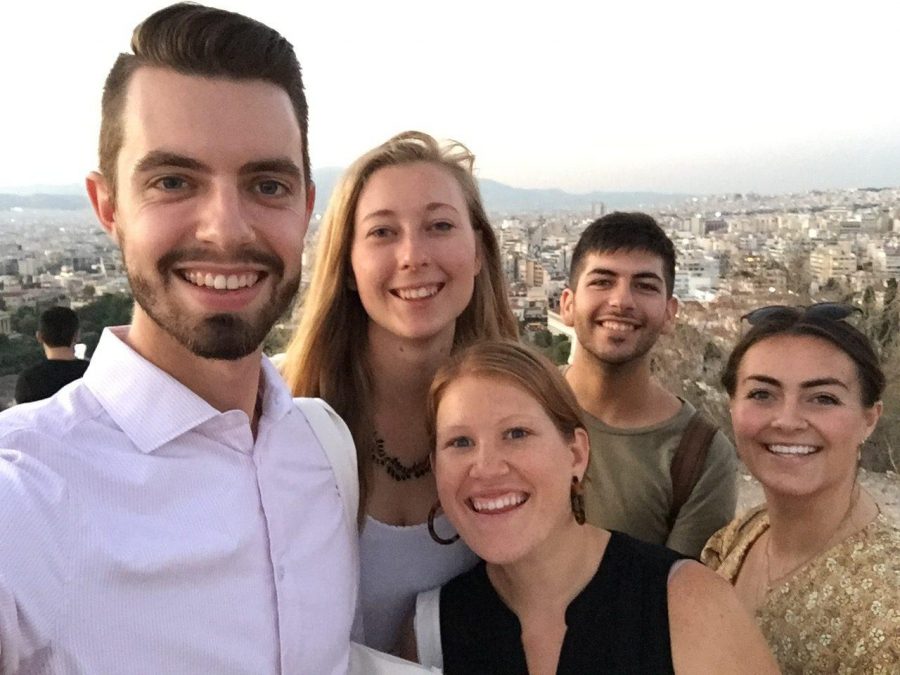Each year, the U.S. State Department sponsors an award to take students all around the globe. Recipients get a chance to live in another country performing research, earning a Master’s degree or teaching English for up to a year.
“It is a very prestigious scholarship, probably the most competitive one the government has. To get it you need to demonstrate a lot of things, but one thing in particular: there is a real fit between who you are and what you want to do and why you want to go to that country,” said Howard Lehman, director of the Fulbright Program at the University of Utah. Last year, the U had the most applicants it has seen so far, with a final count of 26. Of these, Zoe Diener and Kevin Priest were selected as finalists.
Students can choose from over 160 countries, but they can apply for only one.
“There is no plan B,” Lehman said. “They really need to think through where they want to go and what they want to do and why do they want to do it.”
Diener, with a Master’s in public health, is now conducting research in Namibia, while Priest, with a Master’s in British and American literature, is teaching English in Greece.
“They’re wonderful students to work with, very diligent, and it is a process,” Lehman said.
Lehman, who has received three Fulbright awards himself, helps to spread awareness about the program and guide students through their applications. For Priest, it was an easy decision to apply.
“I knew it would be a long process and I knew it would take a lot of work, but I was also confident that it would be the right move,” said Priest.
The hardest part was the essay portion, which consists of two essays. One is a statement of purpose, where applicants are supposed to define what they want to do and why they want to do it in their chosen country. The other is a personal statement, in which applicants look inside themselves to explain what life events put them on this track.
“The most challenging aspect of the application process was digging deeply into who I am, pulling up old memories and feelings and finding a way to express a version of myself in two one-page essays. I found the writing of the Statement of Grant Purpose to be quite easy, but the Personal Statement took a lot of deep and critical thinking,” said Diener.
Priest’s advice: “Start early and find people you trust to read your essays. On that, I would suggest only having one or two people read your work because it’s difficult to synthesize all the different opinions about your essays to make one cohesive whole. Make sure you start with plenty of time to write through the full draft process and be real with yourself about revisions: they must happen and you must be critical. Remember that a huge number of people apply for these awards and a shockingly high number of them are very well qualified. You need to be critical with your writing and push yourself to the next level to get through the process.”
Lehman was one of those readers. “It’s a process that takes usually half a dozen drafts back and forth. It’s not something you just write the weekend before the deadline; it does require a great deal of reflection. Those two obviously did a great job and they were definitely deserving of getting it.”
To Lehman, “it is prestigious, it is a feather in your cap in terms of having it. Also, when you’re there it’s incredible and it opens up doors. Americans may not know as much about the Fulbright program, but professionals overseas, they know about it. Some of them have had their own coming to the United States and it opens up doors. You have great opportunities for networking and when you come back, you’re still considered a Fulbrighter. Once a Fulbrighter, always a Fulbrighter, as we say.”
After Fulbright, the next thing on Priest’s list is law school.
“I am passionate about language and the way language can work in the world, as well as dedicated to helping shape the world into a better place. I think becoming a lawyer is one way to use language to make a positive impact in the lives of people and in diverse institutions,” Priest said.


